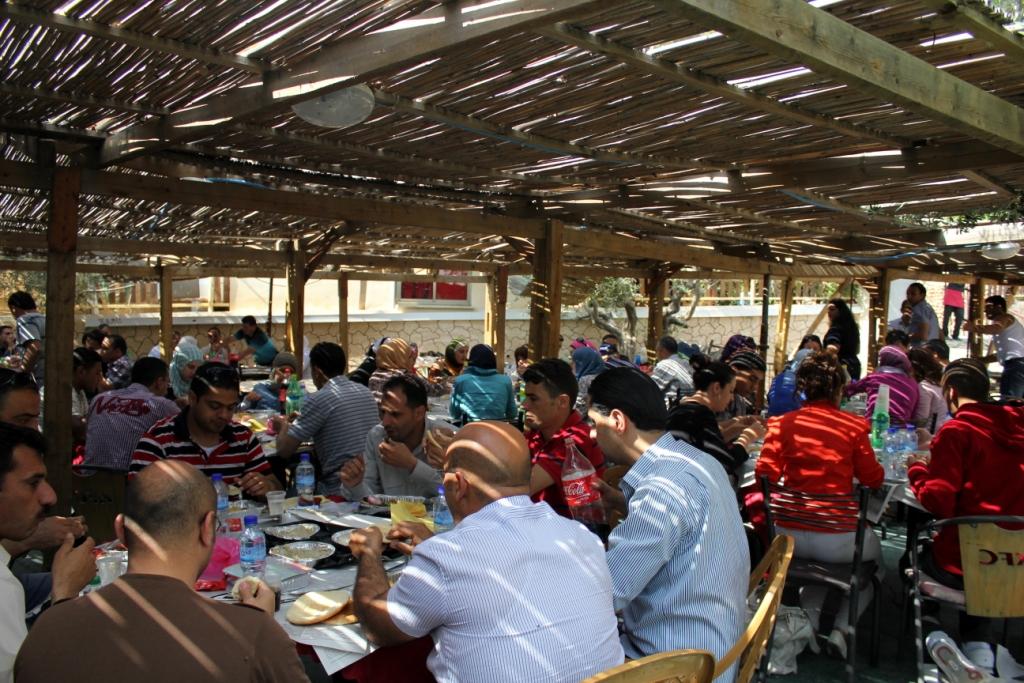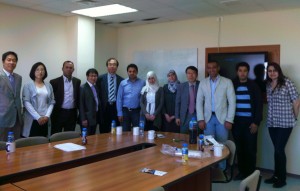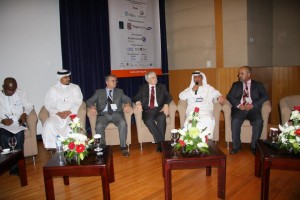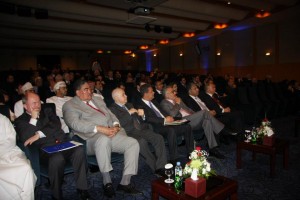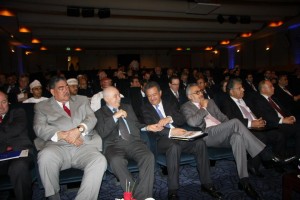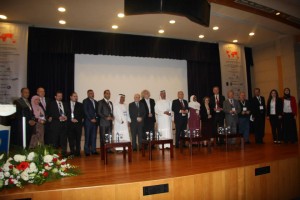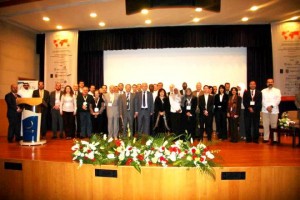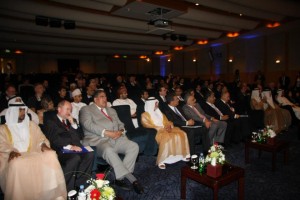On Sunday May 20, 2012, Sina Institute for Knowledge Engineering and Arab Technologies- Birzeit University, organized a training trip to Bethlehem within the training tutorials provided by the Academy E-government project.
The training trip included activities that aimed at enhancing the team’s skills and building trust between individuals and groups. Mr.Wahid Zahran, with the help of Sina Institute team, organized and supervised the training trip’s activities. Around 60 participants, from the private and public sectors and the academia attended the trip.
It’s worth mentioning, that the Academy seeks through its program to provide and design the necessary training material to increase the awareness of the Palestinian Society on developed e-government areas; this will be done in cooperation and partnering with individuals and the public and private sector.
نظم معهد ابن سينا لهندسة المعرفة والتقنيات العربية-جامعة بيرزيت رحلة تدريبية إلى مدينة بيت لحم، يوم الأحد الموافق 20\5\2012 ، وذلك في إطار مشروع أكاديمية الحكومة الإلكترونية ضمن الدورات التدريبية التي تقدمها الأكاديمية.
وقد شملت الرحلة التدريبية نشاطات هدفت لبناء مهارات الفريق وتعزيز وبناء الثقة بين الأفراد والمجموعات، وقد أشرف على إعداد وتنفيذ تلك النشاطات المدرب وحيد زهران بمساعدة فريق العمل في معهد ابن سينا. وتضمن اليوم التدريبي أيضاً العديد من الأنشطة الترفيهية الهادفة، والتي ركزت على بناء الثقة بين الأفراد وتحقيق الانسجام بينهم بما يعود بالنفع على أدائهم اللاحق في مؤسساتهم ومجالات عملهم.
وقد شارك في الرحلة نحو 60 مشاركا ومشاركة من العاملين في القطاع العام والخاص والأكاديمي، فضلاً عن العاملين في المجالات التقنية والقانونية. والذين يشاركون حاليا في برنامج تدريبي نوعي مكثف حول المفاهيم المتعلقة بالحكومة الإلكترونية كالتوافقية والتبادل البيني، والأمن المعلوماتي، والاحتياجات القانونية، وذلك لتحقيق هدف الأكاديمية الرئيس المتمثل بتقديم خدمات وحلول متكاملة في مجال تكنولوجيا المعلومات وتصميم خطط وطنية تفي بغرض تطوير قطاع تكنولوجيا المعلومات في فلسطين.
وتجدر الإشارة إلى أن الأكاديمية تسعى من خلال برامجها إلى تصميم وتوفير المواد التدريبية اللازمة لإثراء معرفة المجتمع الفلسطيني في مجالات تطوير الحكومة الإلكترونية، وذلك من خلال التعاون والشراكة مع القطاعين العام والخاص والأفراد، بما يتيح للمشاركين أفضل السبل لاكتساب المعرفة الكافية في التكنولوجيات الأساسية المتعقلة بالحكومة الإلكترونية، وذلك بفضل الخبرات الدولية والوطنية العاملة في هذا المجال.
]]>

